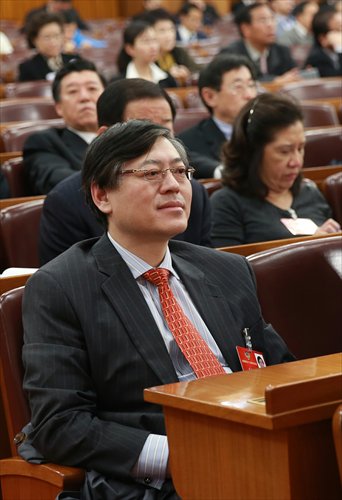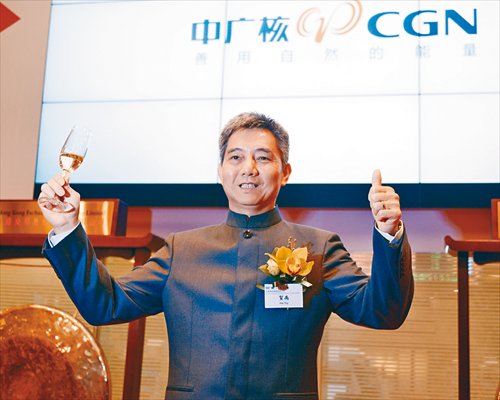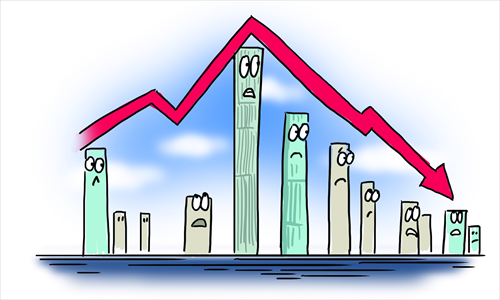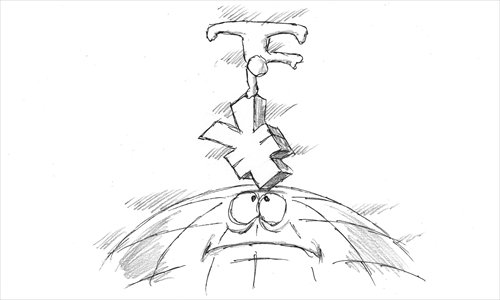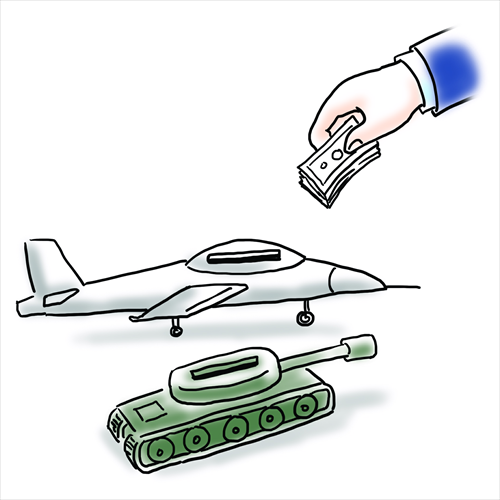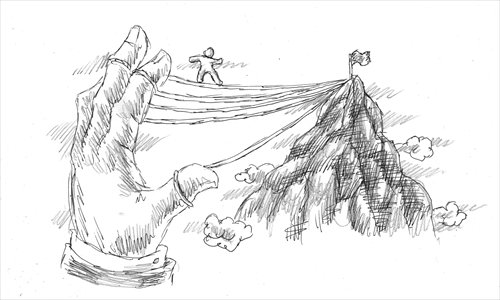Hong Kong should ride the wave of the mainland’s 13th Five-Year Plan
I was impressed by the reference of promoting democracy and harmony in Hong Kong in the 13th Five-Year Plan.
Serious topics dominate two sessions news
As 1.3 billion people closely watch the thousands of deputies and members gather in Beijing, they need to be assured that their concerns are being taken care of, and the country is marching toward a bright direction.
China should make greater use of IT to tackle poverty
China has been battling poverty for decades, and as part of its current efforts, the country is looking to IT as a growing source of help.
China needs clear strategy to tackle overcapacity issue without undermining social stability
The severe industrial overcapacity situation in China has attracted a lot of attention around the world. Chinese policymakers have stated on various occasions that they are determined to curb overcapacity in industries such as steel, cement and coal, but the question is whether such an effort will result in massive job cuts and undermine social stability in China.
No easy route overseas for Chinese nuclear power tech
Following Britain’s announcement last year that it would give China General Nuclear Power Corp (CGN) a stake in the Hinkley Point nuclear power plant in southwest England, there has been worldwide interest in CGN, which is the world’s fifth-largest nuclear power company in terms of operating capacity.
Outside of two sessions, NPC deputies spend a year preparing
The proposals from NPC deputies are like sparks of democracy. Put together, they are a force for the realization of the Chinese dream
China wants open Korea, not strategic buffer
China has been exerting a lot of efforts to improve relations with other Asian countries, but it is not to establish a new rivaling strategic system opposed to the US
HK needs to rediscover values to prosper
In a rapidly changing world, not everyone in a metropolis like Hong Kong has an international view and keeps up with the trend in the world.
Voices
The market is rather sensitive now, so not much can be said about the struggle for control that’s taking place at China Vanke Co. That said, Vanke is a good enterprise, and China Resources will give it full support.
Voices
The authorities are revising Beijing’s general urban plan.
No basis for substantial yuan depreciation
Despite short-term volatility, the yuan will remain stable as various factors underpin resilience in the currency in the long term.
China changes economic rules to seek new growth
It’s no secret that China’s growth has been slowing in the last few years. Thus, it’s not a surprise to see that the GDP growth target for 2016 has been set lower at between 6.5 and 7 percent.
Islamic ideas of peace and tolerance consistent with core socialist values
Islam has witnessed sound development in the country.
China reaffirms its supportive stance for the non-public sector
Chinese President Xi Jinping's remarks on adherence to China's basic economic system indicate that China will not change its stance of providing support to the non-public economy, said a commentary published by People's Daily.
Why China needs defense budget raise
This year, for example, the military budget in certain fields needs increasing.
Reform pain offset by growing economy
The main reason there won’t be a lay-off wave is because China’s economy is many times bigger than it was 20 years ago.
China’s new GDP approach allows for flexibility amid global economic uncertainties
Last week marked the opening of China’s annual two sessions, or the annual plenary meetings of the mainland’s top legislative and consultative bodies. These meetings offer an opportunity to observe China’s economic and political trends, including the 13th Five-Year Plan, poverty alleviation and charity law, supply-side reform and reform of the judicial system, the “One Belt, One Road” initiative, green development, and the anti-corruption struggle.
Lower growth target shows new economic priorities
In the 2016 government work report delivered by Chinese Premier Li Keqiang Saturday, China’s GDP growth target for 2016 was set in a range of between 6.5 and 7 percent, and the country’s basic economic policy will be geared toward this.
